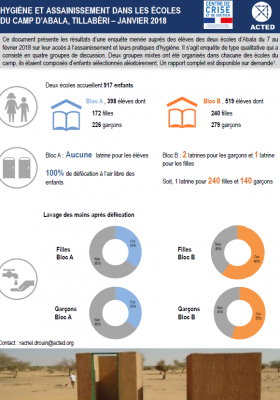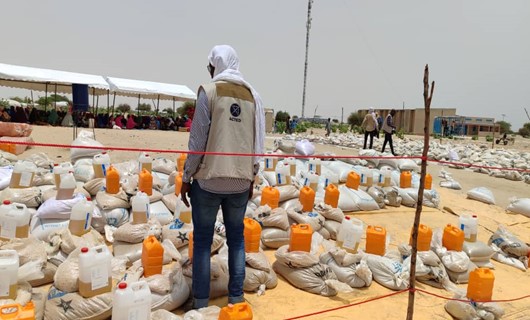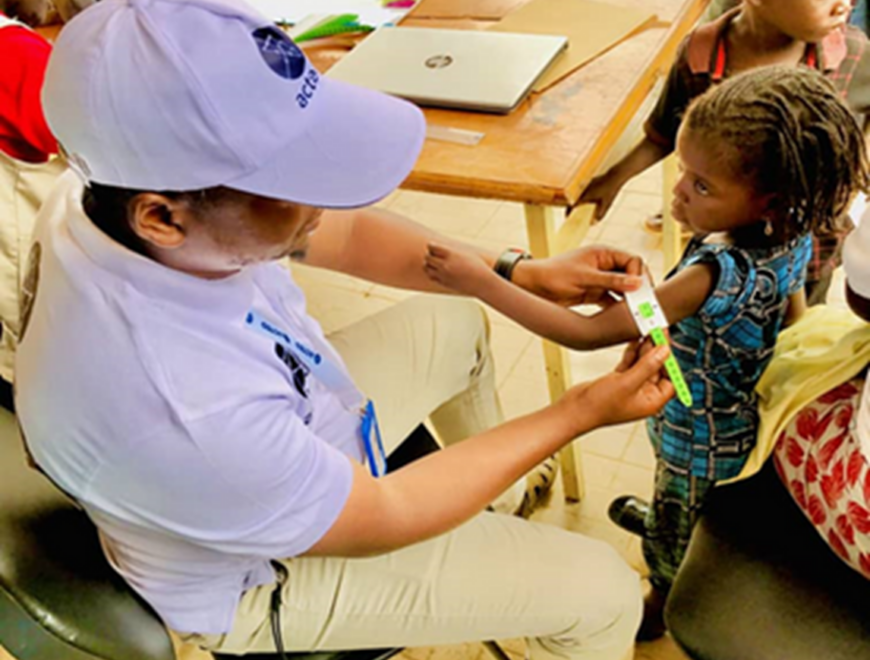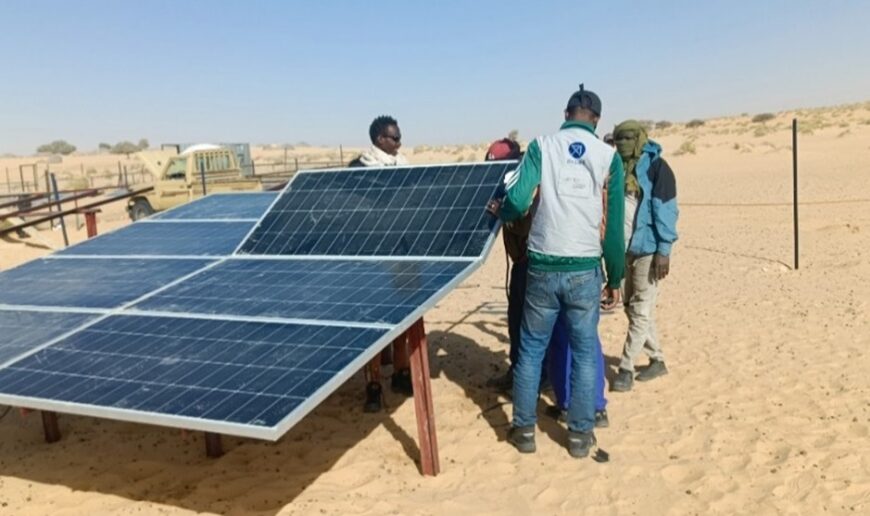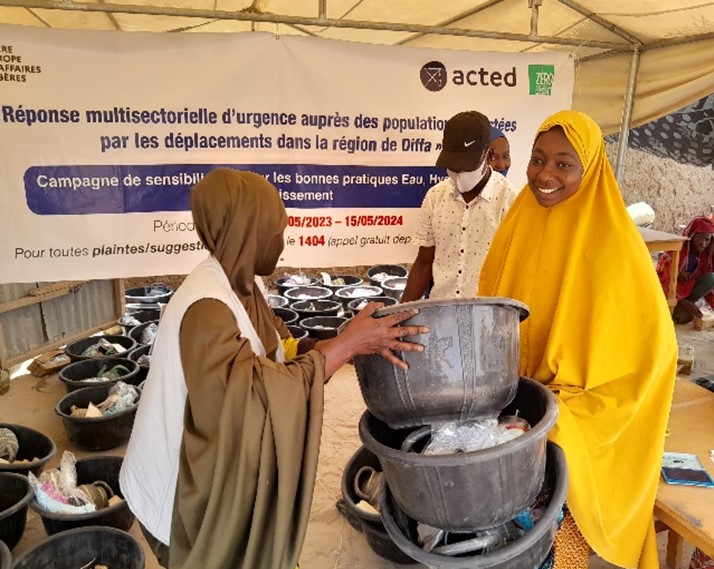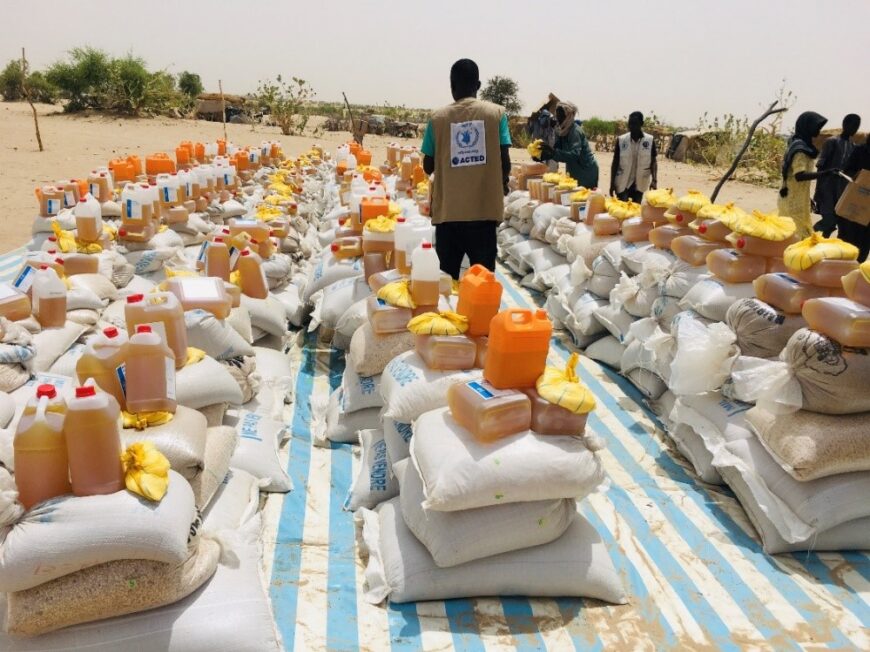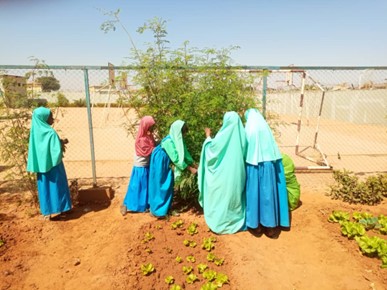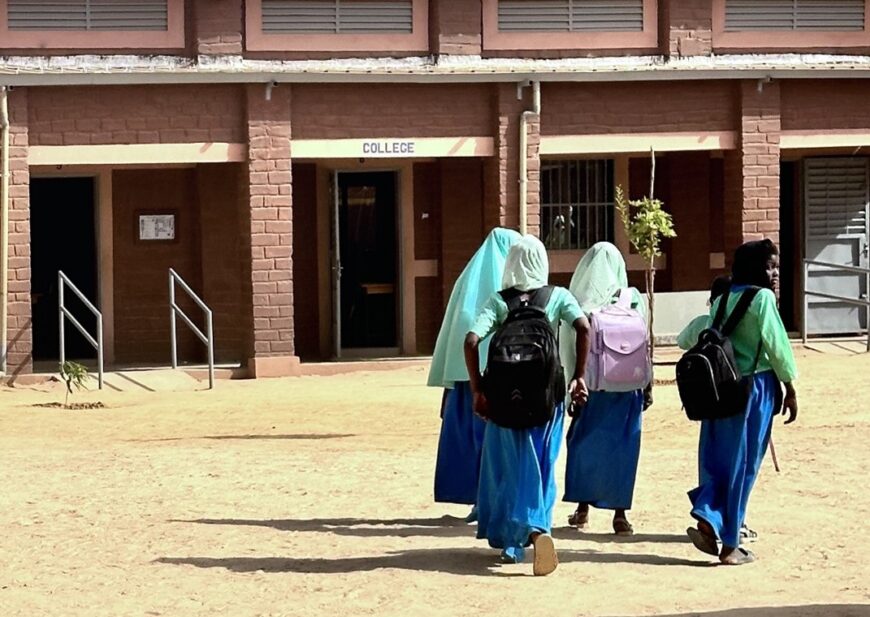Acted responds to the humanitarian needs of displaced and host populations who are particularly vulnerable in Niger, notably due to the conflict in the Tri-Border area (Mali, Burkina Faso and Niger) and the Lake Chad crisis. Present in Niger since 2010, Acted teams intervene in the regions of Tillabéry, Diffa, Tahoua and Niamey to provide an emergency response to crises and carry out resilience activities to support the recovery of vulnerable populations. Since 2010, Acted has assisted over a million beneficiaries through its various projects.
The humanitarian situation in Niger is complex and multidimensional, combining structural problems with a deteriorating security situation. This has led to massive forced displacement, with an estimated 4.5 million people in need of humanitarian assistance (HNRP 2024). UNHCR’s coordination dashboard shows 407,430 internally displaced persons and 371,772 refugees. Niger continues to face persistent armed conflict in four main regions: Diffa, Maradi, Tillabéri and Tahoua. Added to this are climatic hazards such as floods and droughts, malnutrition and population movements. Chronic poverty, social inequalities, demographic pressure, growing structural vulnerability and inter-community tensions are all factors exacerbating the crisis and increasing humanitarian needs.
Acted in Niger
Since 2010, Acted has become a key player in Niger, promoting the link between humanitarianism and development. In close partnership with the local population and key stakeholders, including governance bodies, civil society organizations and inter-agency working groups, Acted’s integrated response helps meet the basic needs of vulnerable populations, while promoting sustainable development through livelihoods, infrastructure, environmental protection, institutional capacity and social cohesion.
Acted also promotes circular economy models to create positive social, environmental and economic impact through its programmatic strategies in Niger. To achieve this, Acted aims to accelerate waste reduction, reuse and regeneration of natural systems, while creating inclusive, low-carbon economic opportunities.
Current projects
Resources
Hygiene and sanitation in schools in Abala camp, Tillabéri
Download